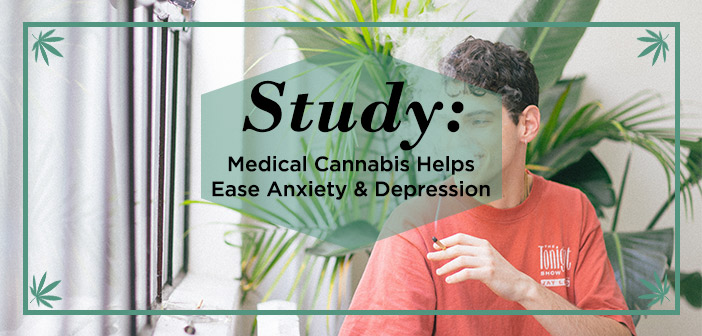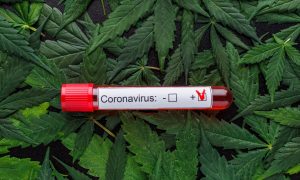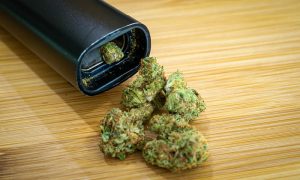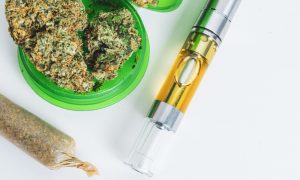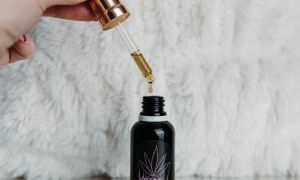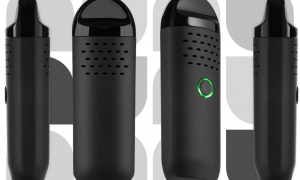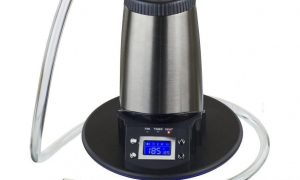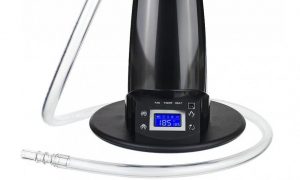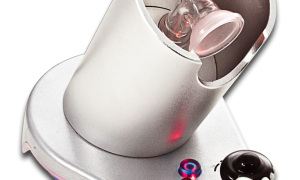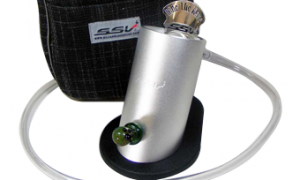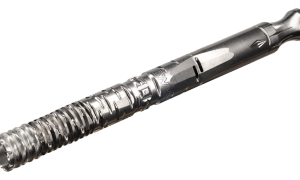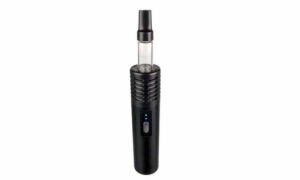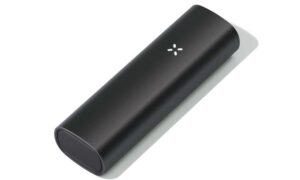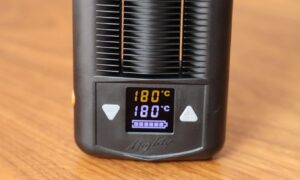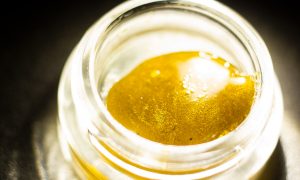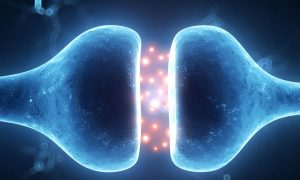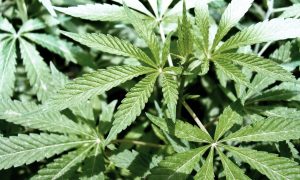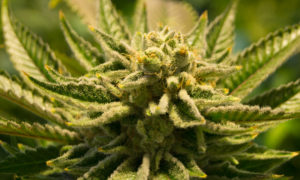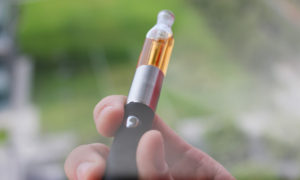By McLean Swanson
May has been observed as the United States’ Mental Health Awareness Month Since 1949, and this year, May marks an important milestone in the fight to raise awareness of pervasive mental afflictions, including depression, stress and anxiety across the country.
The Journal of Affective Disorders’ “A naturalistic examination of the perceived effects of cannabis on negative affect,” published in April 2018 by Elsevier, explored data gathered from the app Strainprint, which allows patients to track changes in their symptoms resulting from dosage and cannabis chemotype differences. The study’s authors found that cannabis significantly reduced stress, anxiety, and depression among participants.
Strainprint analysed and tracked 11,953 sessions in total: 5,085 for anxiety, 3,151 for depression, and 3,717 for stress. Save for the self-selecting nature of their sample and the inability to control for expectancy effects — subjects being aware that they are part of a test and believing they will experience desired outcomes after consuming the drug — the study’s results show a noteworthy reduction in reported symptoms.
The data revealed that medical cannabis users perceived a 58 percent reduction in anxiety and stress and a 50 percent reduction in depression immediately following cannabis use. Two tokes would reduce feelings of anxiety and depression, while more than 10 tokes resulted in the largest perceived reduction in stress.
And as for the cannabis’ content, cannabis that was high in CBD (measured as a percentage of total weight and labelled “rating”), with a rating of 9.5 percent or greater, and low in THC, with a rating of 5.5 percent or lesser, was often associated with the greatest decrease in patients’ perception of depression. Cannabis that was high in CBD, with ratings above 11 percent, and high in THC, with ratings eclipsing 26.5 percent, resulted in the greatest perceived change in stress.
The data showed that baseline symptoms of depression, but not stress or anxiety, were exacerbated by routine cannabis use. The study’s collaborators concluded that while cannabis “reduces perceived symptoms of negative affect in the short-term,” it may aggravate the base symptoms of depression over an extended period of time.
This study isn’t alone in its findings. Scott M. Hyman and Rajita Sinha published work in 2009 in the Journal of Substance Abuse Treatment, published by Elsevier, that found that most users smoke to cope with stress. Lloyd D. Johnston and Patrick M. O’Malley published a study in 1986 in the Journal of Drug Issues, published by Sage Journals, that found that 72 percent of daily cannabis users smoked to relieve tension and relax. Further, Charles W. Webb and Sandra M. Webb published work in 2014 in the Hawaii Journal of Medicine and Public Health, archived in the US National Institutes of Health’s National Library of Medicine, that found that 50 percent of medical marijuana patients who smoked to treat pain reported that the drug provided profound relief from stress and anxiety.
As current legislation stands, only a handful of states, territories, or districts in the US consider anxiety a qualifying condition, while none explicitly recognizes depression. According to the National Institute of Mental Health (NIMH), anxiety disorders affect 19.1 percent of adults in the US, which equates to about 40 million adults between the ages of 18 and 54.
The NIMH estimates that about 16 million adults had at least one major depressive episode in 2012, which equates to 6.9 percent of the population.
And the American Psychological Association reports that at least one-third of all Americans live with extreme stress, while about half of the population, at roughly 48 percent, believes that their stress has increased over the past five years.
According to the APA’s most recent findings, stress levels across the country are through the roof. As stress, anxiety, and depression are closely linked, and finding a marked increase in these three conditions nationwide, researchers continue to examine medical cannabis as a potential solution.
Read the original article at marijuana.com

